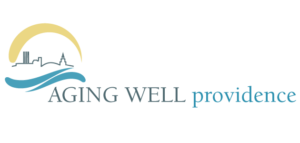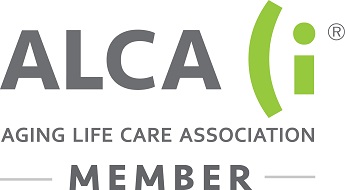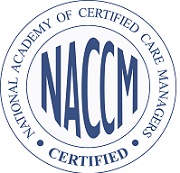
Aging comes to us all. What makes solo aging different is the need to be more proactive about arranging for help. Twenty-two percent of older adults acknowledge they will need to take care of themselves. (Even if you are partnered now or have children, you are wise to consider the possibility of solo aging because, well, things can change … death, divorce, estrangement. In that light, we are all potential solo agers.)
Successful solo aging requires that you
- are very honest with yourself about changes. Act promptly if you notice something wrong with your health. Denial is not your friend! Especially if you want to age in place. Maintain a strong relationship with your doctor. Actively address safety concerns (e.g., a personal emergency response system, home modifications to prevent falls).
- are prepared for the possibility of dementia. You may not realize or recognize the slow creep of cognitive impairment. And you don’t have children to notice or bring up the subject. Make a pact with friends to alert each other about any concerns. Meet periodically with a nurse care consultant. They know the signs and can advise you when it’s time to get an evaluation.
- actively plan for how to get help. This may mean moving closer to nieces and nephews (be sure they are on board with supporting you). If you intend to hire help, remember that Medicare doesn’t pay for it. Unless you have long-term-care insurance or qualify for programs such as Veterans Aid and Attendance, you’ll need to pay privately.
- assemble a support network of professionals. Working together, they can ensure you receive the help you need.
- A nurse care consultant is an aging advocate who can help you plan for your future, focusing on your specific preferences and resources. Nurse care consultants understand the medical, financial, psychological, and social factors that influence solo aging. As local experts in aging well, they can provide guidance on what to expect, point you to the best providers, and suggest cost-effective options.
- A wealth manager can help you determine how to achieve the financial reserves you need to afford your preferred aging scenario.
- An estate planning attorney is essential for drawing up the documents all older adults should have in place: A will or living trust for disbursing your assets, and documents that name your health care and financial decision makers should you become unable to make decisions yourself.
Ready to get proactive? We are experts in solo aging.
Give us a call at 401-360-2577.




